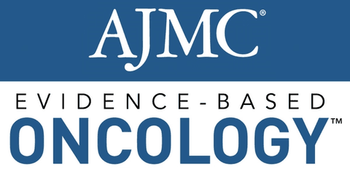
From the editor-in-chief of Evidence-Based Oncology.

From the editor-in-chief of Evidence-Based Oncology.
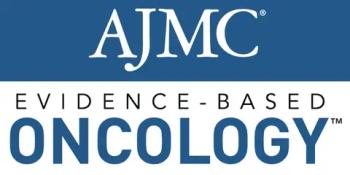
The fight to improve cancer care includes aspects of both equity and quality. Over the past decade, health insurance coverage has been expanded to millions of previously uninsured Americans, but there is evidence that not every patient has the same access or the same quality of care.
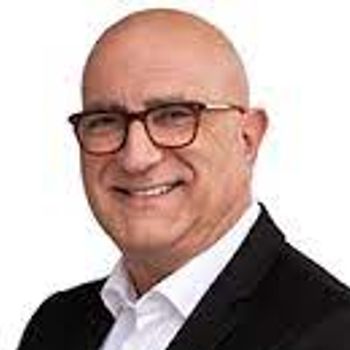
Joseph Alvarnas, MD, vice president of government affairs at City of Hope and chief clinical adviser of AccessHope in Duarte, California, spoke March 4 at the closing session of the Association for Community Cancer Centers (ACCC) Annual Meeting & Cancer Business Summit in Washington, DC.

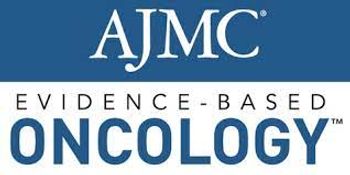
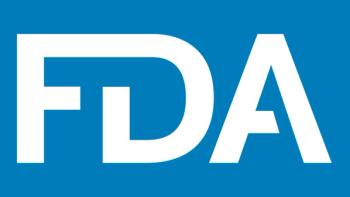
News on 2 new CAR T-cell therapies and updates on PARP inhibitors, BTK inhibitors, and biosimilars.
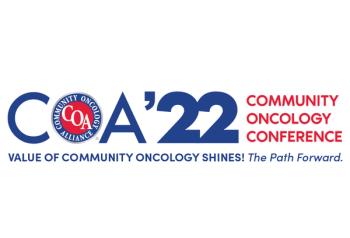
Coverage from the Community Oncology Alliance 2022 Community Oncology Conference, held March 17-18 in Kissimmee, Florida.

Coverage from the Association of Community Cancer Centers 2022 Annual Meeting and Cancer Center Business Summit, held in Washington, DC, March 2-4.
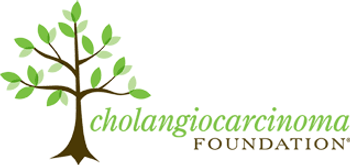
Coverage from the 2022 annual meeting of the Cholangiocarcinoma Foundation, which met February 23-25 in Salt Lake City, Utah.
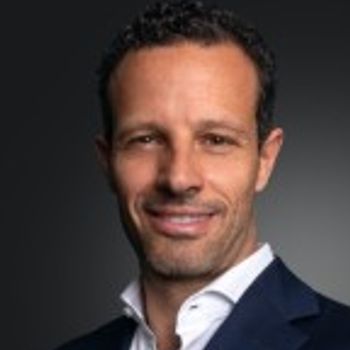
Accenture’s 2021 report, “The Future Is Now: How to Drive Precision Oncology Adoption," adds to the chorus calling for greater sharing of data and improved standardization, so that academic centers and community practices alike can continually improve data sets used worldwide.
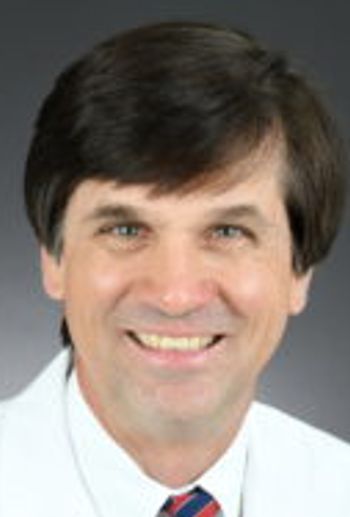
Across OneOncology, says Edward Arrowsmith MD, MPH, clinical pathways offer a vehicle for physicians to agree on best practices and to implement them across the network. Early this year, Arrowsmith became medical director for Clinical Pathways, OneOncology.
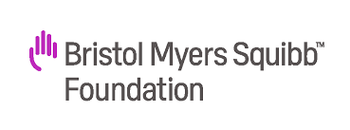
Editor’s Note: After this issue of Evidence-Based Oncology™ went to press, Bristol Myers Squibb Foundation announced the $100 million, 5-year initiative will now be called the Robert A. Winn Diversity in Clinical Trials Award Program. The program will also receive a $14 million donation from Gilead Sciences, Inc., over the next 4 years.
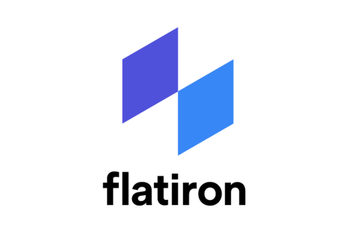
Recent steps by FDA to promote the use of real-world evidence are to be commended, but the future demands a broader vision that makes greater use of growing sources of health care information.

Authors from the Community Oncology Alliance and Avalere Health present data that show breast cancer screening rates recovered more slowly among some racial/ethnic groups following on the onset of the COVID-19 pandemic.

259 Prospect Plains Rd, Bldg H
Cranbury, NJ 08512
© 2025 MJH Life Sciences®
All rights reserved.
